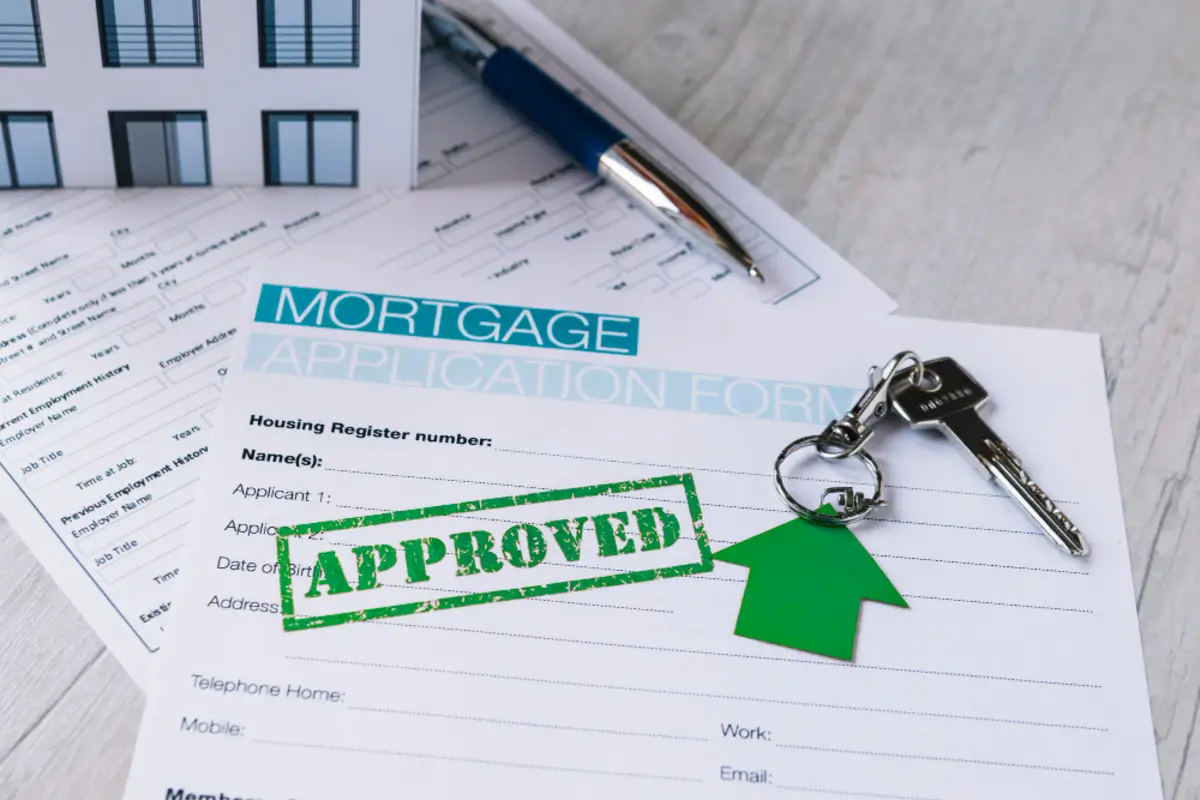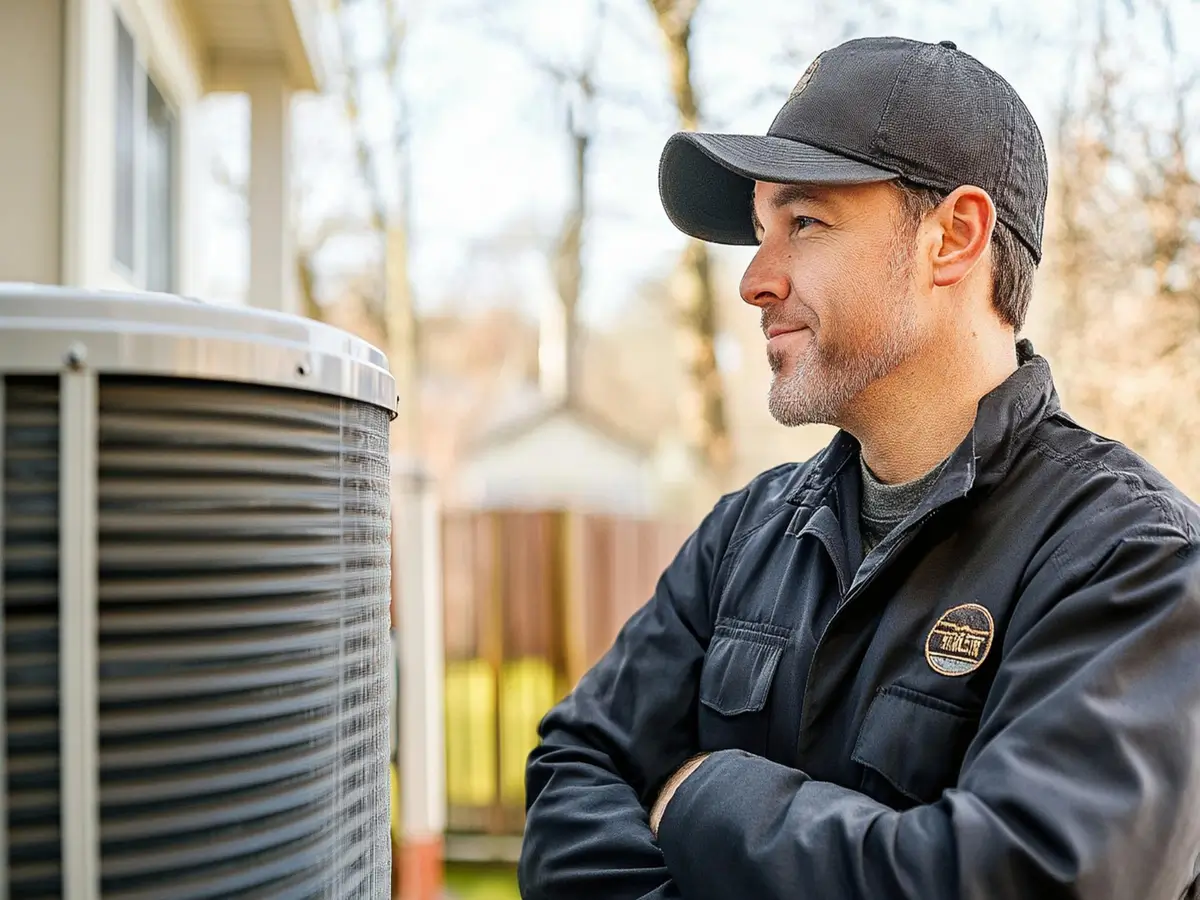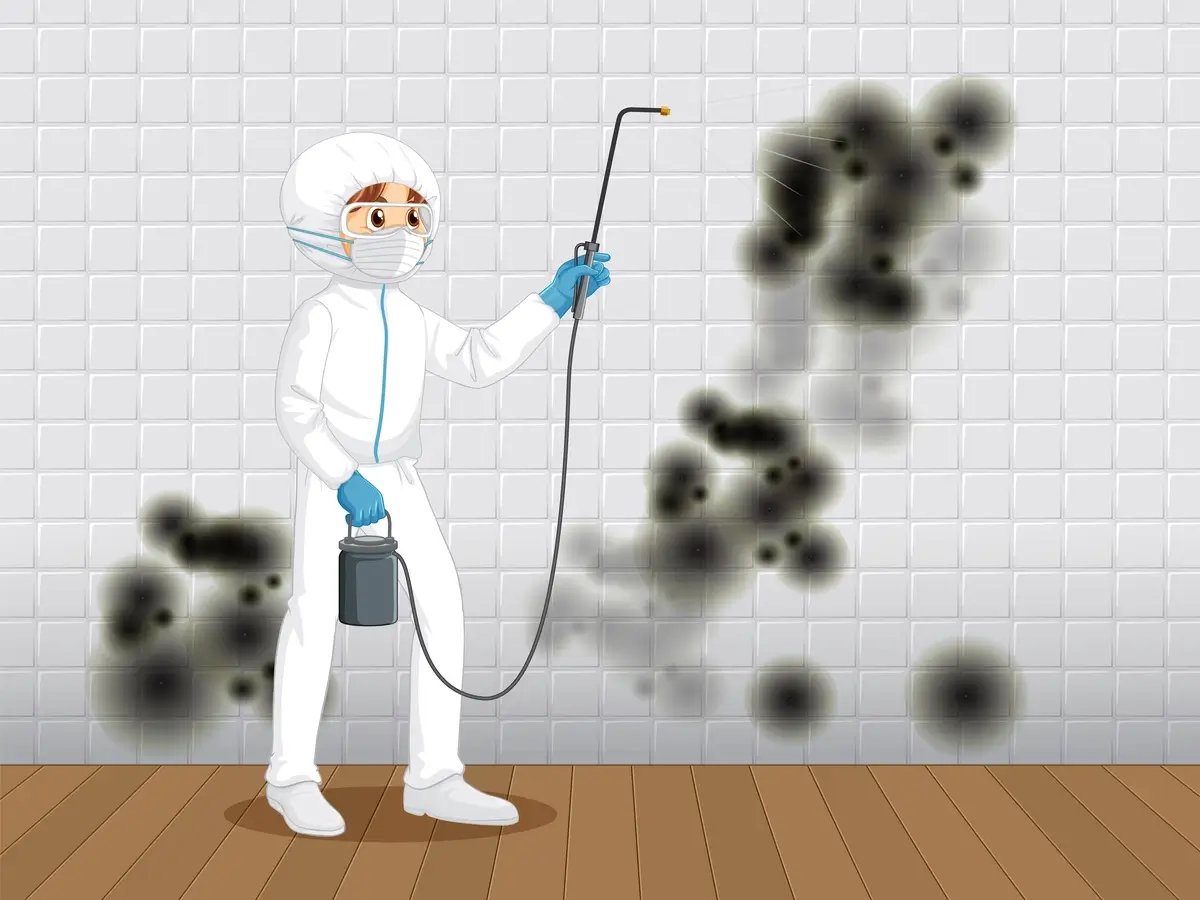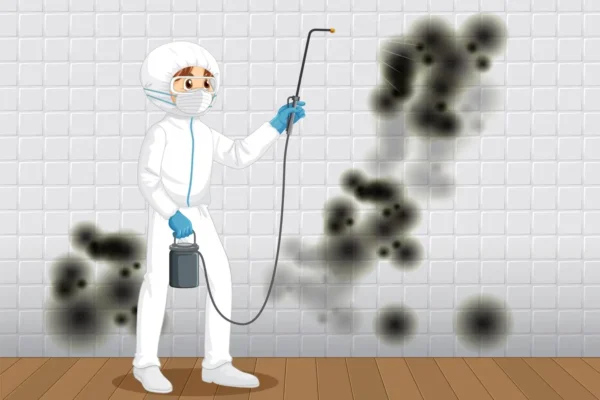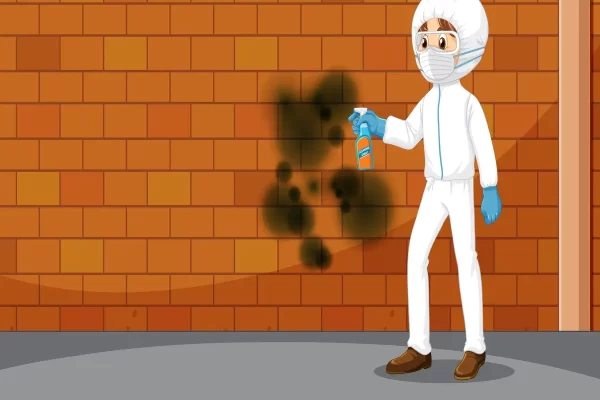The home mortgage process is a thorough one with different steps. It starts with pre-approval and ends with the purchase of a property. If you want a mortgage loan, then you need to get pre-approval from a mortgage lender. Here, you will need to provide financial details to the lender that will determine your loan eligibility.
Once your loan gets pre-approved, you can start with your search for a home that fits your needs and expectations. You shall make offers based on securing the financing. When you find the right property, you may formally apply for a mortgage loan. But, there’s another step that you may add before getting the loan and finalizing the home purchase – a home inspection.
A home inspection plays an important role in the Michigan home mortgage process. It serves as a guarantee for both buyers and lenders. As you already know, Michigan is a place with diverse property types and weather conditions, so you need to be sure that what you’re buying is not…compromised. A home inspection can help you get this assurance. From assessing the property’s structural integrity to giving insights into the property’s value, this serves as a crucial step. Besides benefiting you, these inspections also provide lenders with basic risk mitigation measures.
In this blog, we’ll cover the step-by-step home mortgage process in Michigan and then highlight the importance of home inspection in the process for the buyers and the lenders.
The Home Mortgage Process in Michigan
Pre-Approval
This is the first and most important step in the mortgage process for homebuyers in Michigan. For this, you have to provide the lender with your income, assets, debts, and credit history. The lenders use this data to analyze your financial situation and determine the maximum amount you can take as a loan.
Home Search
During the home search, you check for properties that meet your expectations and needs. For this, you may explore properties based on various factors, such as:
- Location
- Size
- Additional amenities
You may also evaluate the home’s neighborhood, ensuring that it meets their needs and is up to the standard. By evaluating these factors, you can find a property that not only aligns with what you expect today but also in the future.
Formal Application
When you have found the property that is suitable for you, you may start with the formal application process. This step demands precision as you gather your financial records and prepare for the mortgage process. Conduct the paperwork methodically, knowing that each step is extremely important.
Home Inspection
This is another important step in which you prioritize evaluating the property’s condition thoroughly. These steps include assessing various aspects of the property, including mechanical systems, structural integrity and potential areas of concern. With this comprehensive step, you can uncover hidden issues or defects that might impact the property’s safety or value.
Home Appraisal
The Michigan home mortgage process involves a home appraisal step as well that provides a comprehensive evaluation to determine the property’s worth. Conducted by a licensed appraiser, the assessment involved a detailed inspection of the property considering factors like:
- Size
- Condition
- Location
- Comparable home sales in the area
The appraisal ensures that the property’s market value aligns with the agreed-upon purchase price, offering reassurance to both buyers and lenders.
Approval
This is a significant milestone in the mortgage process. Once the loan gets approved, the transaction goes from preliminary assessments to the final stages of securing the property. This approval signifies that the lender is confident in the buyer’s financial stability and the property’s value.
Closing
This is the final stage of the Michigan mortgage process, where ownership is officially transferred, and the mortgage agreement is finalized. During the closing meeting, buyers, sellers, real estate agents, and legal representatives come together to review and sign all necessary documents. These documents include:
- Mortgage note
- Deed of trust
- Various disclosures
With all paperwork completed and financial transactions settled, you will receive the keys to your new home.
The Importance of Home Inspection in the Mortgage Process
Home inspection plays an important role in the mortgage process. It provides protection to homebuyers and lenders. For buyers, home inspection provides a thorough analysis of the property’s condition. The inspector identifies any potential issues that lie within the house; these may include:
- Structural defects
- Plumbing problems
- Electrical faults
- Safety hazards
Once the buyers get insights into the property’s true condition, they can make informed decisions regarding the home-buying process. They can choose either to negotiate needed repairs, ask the seller to adjust the selling price as per the repair price, or even reconsider the purchase if the inspection reveals serious issues.
For lenders, the home inspection ensures that the property they’re giving out a loan for is in good condition and is worth the investment. It helps them determine the risk of lending on a property that might have hidden problems that might, in the end, affect its market value or buyer’s ability to repay the loan. Additionally, a home inspection process can streamline the underwriting process and give lenders confidence in the property’s value and the overall security of the loan.
So, it’s fair to say that an inspection is an important step to ensure transparency, protect investment, and foster a smooth and secure mortgage process.
Conclusion
The home inspection process for the mortgage starts with scheduling a home inspector to conduct a thorough examination of the property. Typically, this is done within the contingency period specified in the purchase agreement. During the inspection, the inspector assesses the condition of the key components, including the foundation, roof, plumbing, electrical systems, and HVAC. The inspector identifies any defects that may affect the property’s safety and value. Once the inspection is completed, the inspector provides a detailed report that outlines their findings. Then, the decision is yours, whether you want to complete the purchase or back out of the deal. The home inspection process can take around a couple of hours or more, depending on the size of the property, the seriousness of the issues, etc.
Remember, the inspection is a very important part of your home-buying process, and so you’ve to take every step with care and diligence. And this starts with finding a reliable and professional inspector to conduct the inspection. For this, inspectors from Total House Inspection could be your choice. Our inspectors ensure that the inspection process is performed with precision, thoroughly inspecting every nook and cranny of your house.

